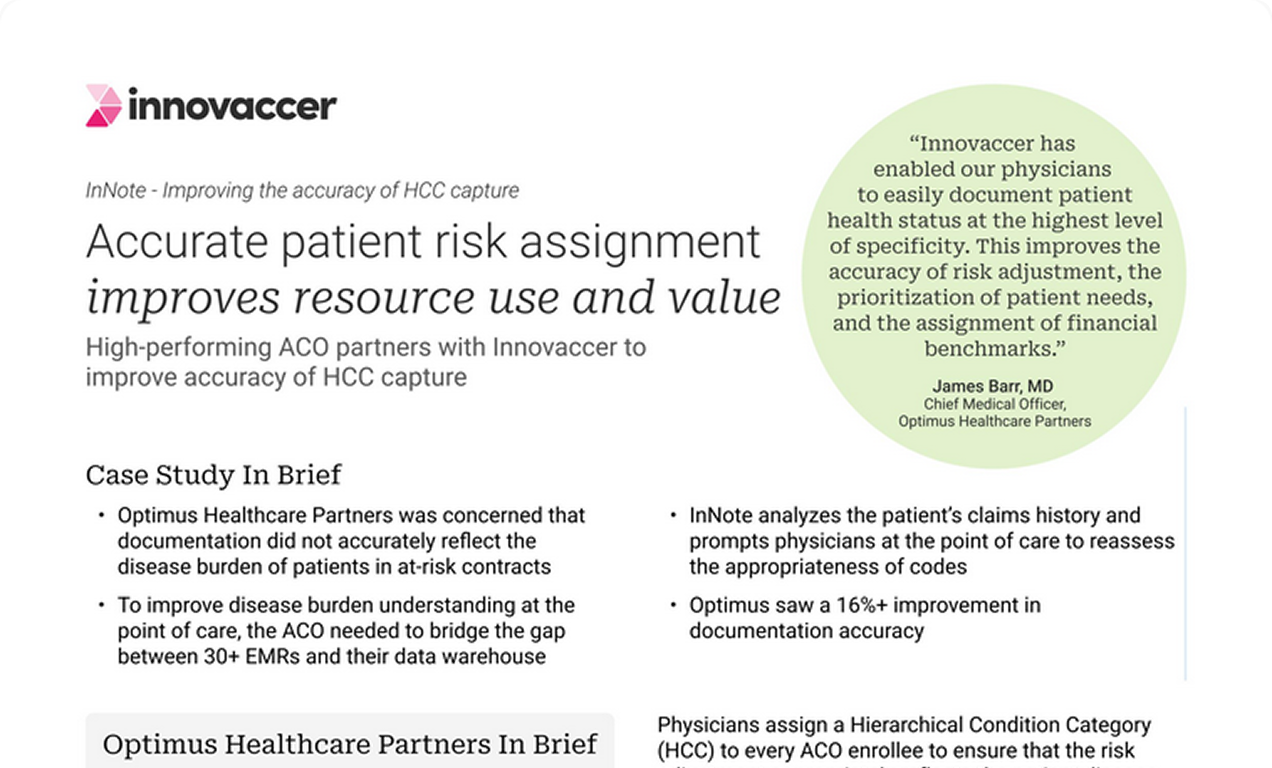Jumping into the AI Pool: What Health Systems Need to Know

What is the promise of AI for healthcare?
Historically, the arrival of a disruptive new technology often inspires fear and hope. Will the disruption threaten the status quo? Probably. Will it create new opportunities for those who can embrace it effectively? Usually. Will it present unanticipated consequences? No doubt. Will adoption proceed rapidly and change the world more fully than anyone could have imagined? Once in a while.
The printing press. The automobile. The transistor. The microchip. The Internet.
Now, AI.
In healthcare, the stakes are higher than in other industries – and the potential gains may be greater too. How do we fulfill the promise of AI and embrace this once-in-a-generation opportunity?
Finding the Right Uses and Use Cases
AI is not new to healthcare, nor is the hype. When I joined IBM Watson after my company was acquired by IBM, I witnessed firsthand the excitement about the potential of AI, as well as the challenges in its effective development and adaptation.
My conversations with experienced health tech leaders have underscored that healthcare is the ultimate data-centric sector. They predict a significant surge in artificial intelligence (AI) integration, a transformation expected to span the next two decades.
Also, healthcare, at its core, is a knowledge management business. AI will help us merge all the knowledge that exists in people's heads, in our programs, and in our protocols. However, the critical challenge lies in meticulously training AI models to navigate and utilize this wealth of information effectively.
Most health systems that I’ve worked with want to accelerate their digital transformation. AI is the next and potentially biggest step in that direction. But those systems are still looking to educate themselves – from the board level to the front-line clinicians and call center agents – on how to use AI effectively.
In an industry where financial margins are tight, health systems understandably approach AI investments cautiously. Yet, the heavy toll of labor shortages and inefficiencies on financial and administrative performance makes productivity-boosting AI tools appear as essential lifelines.
AI holds tremendous potential in healthcare, in areas such as alleviating the administrative burden on physicians, particularly in electronic health records (EHR) charting. The time physicians spend on documentation and data entry represents an extraordinary part of their day, time that otherwise could be for speaking with patients and their families.
AI also shows great promise in making care management easier. The difficulty of managing a large panel of patients with complex and dynamic needs calls for AI-enabled support. The challenge for healthcare systems is getting comfortable with being uncomfortable on their AI journey. Given the stakes, the biggest risk they can take is not getting started on AI at all.
Setting Out
So, how to get started?
If you’re a CTO at a health system, you are likely experiencing a bit of over-saturation about AI and perhaps even some deja vu – the promises of advanced technologies changing our lives have come (and some have gone) but today’s AI and, in particular, generative AI capabilities, are unique. Many other industries are already reaping the benefits. However, the healthcare industry is indeed special. Accuracy, relevance, and timeliness are legitimate concerns raised by generative AI (e.g., “hallucinations”) that could impact patient care. Moreover, worries about cybersecurity, privacy, intellectual property rights, and other unintended consequences are front and center in implementing generative AI. Managing those risks – real and perceived – will be part of the job of adopting AI.
For these reasons, health systems need to find the right partner to help them navigate these potential challenges and identify the areas where scalable collaboration can begin. The ideal partner should have a deep understanding of advanced technology required to scale AI, as well as expertise in the healthcare domain to establish trust, transparency, and compliance.
It’s also critical that technology leaders within the health system become evangelists of new AI tools as they partner with the business units and clinical leaders. This will help the organization move forward together.
Again, the healthcare industry is unique. To embrace AI, clinician leaders need compelling real-world examples and appropriate resources and support. Clinicians must take the lead in the training, evaluation, and continuous improvement of AI models. Unlike other technologies promoted through tax-funded government programs, the proverbial “stamp of approval” from the clinician will be the minimum bar to achieve real sustained adoption.
In the future, AI will go beyond administrative and care management tasks and play a role in clinical decision-making. However, to achieve this, we need to find a balance between the roles and objectives of AI tools and the need for transparency and trust among clinicians so that they feel confident using AI as a helpful co-pilot. We already know that some AI bots perform quite well – sometimes even better than some human physicians – on empathy measures with patients. That shouldn’t be too shocking given how overwhelmed most physicians are today.
But our standards should be even higher. We don’t want AI to be comparable to a human physician. We want AI to operate like a truly exceptional physician, consistently. AI can ingest (and organize) far more data points about a patient to inform their care than a human physician. AI can help clinicians identify potential diagnostics and therapeutics for consideration to avoid unnecessary testing and missed diagnoses. Given that we’re already facing a shortage of primary care physicians and even specialists in certain areas, AI copilots in the exam room may be more of a necessity than a choice.
AI is clearly not “perfect” today and it may not be “perfect” for some time. However, it’s time now to be bold, to learn and lean in, to try AI in digestible pieces, and to see where it takes you. Given the challenges ahead, the alternative is really not an option.


.png)






.avif)









.svg)
.svg)

.svg)

